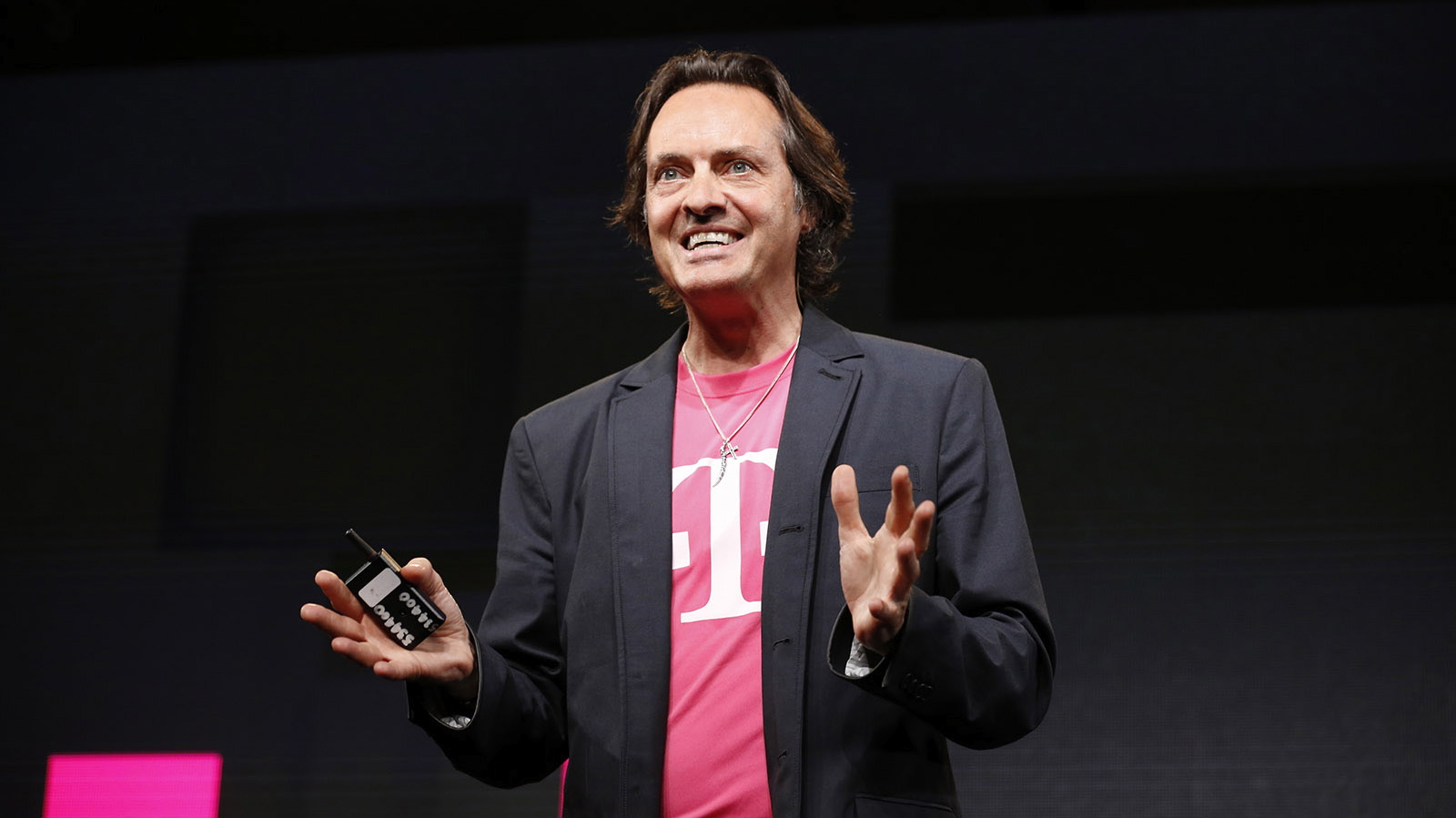The FTC sues T-Mobile for fraudulently charging consumers hundreds of millions of dollars

The Federal Trade Commission has filed a lawsuit today accusing T-Mobile of putting unnecessary and confusing charges on phone bills.
According to the suit, T-Mobile unnecessarily charged customers hundreds of millions of dollars on phone bills for the use of third-party services that the customers never authorized.
For example: customers were allegedly charged $9.99 a month for SMS text message subscriptions from third-party providers without having initially obtained permission from customers. Charges included subscriptions to flirting tips, horoscope information or celebrity gossip services, among others.
In an effort to hide the subscriptions, the FTC alleges T-Mobile abbreviated descriptions of these services and buried the descriptions within billing statements.
Cramming
The FTC refers to the practice as "cramming" and the suit claims T-Mobile made 35-40% from each of the fraudulent $9.99 charges.
T-Mobile USA CEO John Legere released the following statement after the suit was filed:
"We have seen the complaint filed today by the FTC and find it to be unfounded and without merit. In fact T-Mobile stopped billing for these Premium SMS services last year and launched a proactive program to provide full refunds for any customer that feels that they were charged for something they did not want.
Sign up for breaking news, reviews, opinion, top tech deals, and more.
T-Mobile is fighting harder than any of the carriers to change the way the wireless industry operates and we are disappointed that the FTC has chosen to file this action against the most pro-consumer company in the industry rather than the real bad actors."
Promises, promises
Last year, T-Mobile, AT&T, Sprint and Verizon, jointly announced they would stop billing for most premium third-party text messaging services. The improper charges alleged by the FTC date back to 2009.
This month, T-Mobile agreed to be acquired by Sprint for roughly $32 billion. The proposed acquisition, which is subject to regulatory approval, would merge the third and fourth largest US mobile carrier networks.